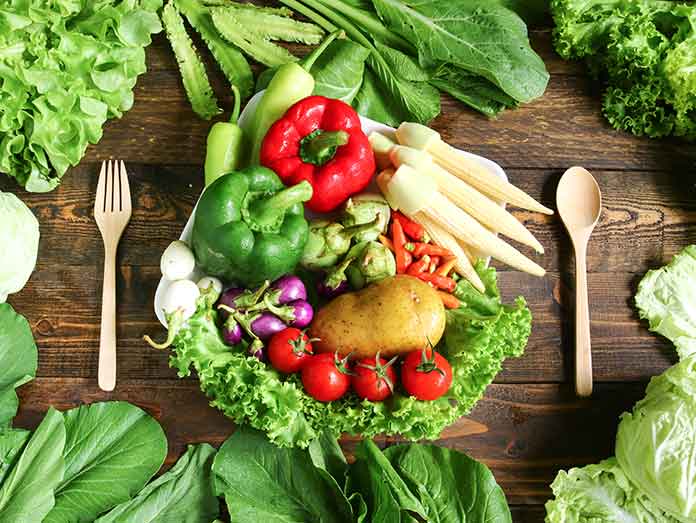A few days ago, the European Commission, alongside industry stakeholders, officially launched the EU Code of Conduct on Responsible Food Business and Marketing Practices, under the Commission’s Farm to Fork Strategy.
The Code is an essential part of the EU’s efforts to increase the availability and affordability of healthy and sustainable food options that help reduce the Union’s overall environmental footprint. It has been developed with EU associations and companies, with active involvement and input from other stakeholders, including international organizations, NGOs, trade unions and trade associations, and together with the European Commission services. Associations and companies in the F&B sector that sign the code commit to accelerate their contribution to a sustainable transition. With their pledges, they endorse the objectives set out in the Code and encourage similar companies to also participate. Two levels of commitments are included in the scheme:
• EU associations: Set of seven objectives, each with its targets and indicative actions. These relate to actions that promote the shift towards healthy and sustainable consumption patterns. The objective is to improve the impact of food processing, retail and food services’ operations on sustainability and to improve the sustainability of the food value chains, in relation to primary producers and other actors in the chain. Associations should report on progress on a yearly basis.
• Companies: Framework for frontrunners for ambitious commitments with measurable outcomes covering a wide range of areas, from animal welfare, to sugar reduction and cutting greenhouse gas emissions in their full product range. Companies will report progress by submitting a summary of their sustainability report on an annual basis.
65 companies endorse the Code
On the day of the launch of the Code, 65 businesses (26 food manufacturers, 14 food retailers, 1 from the food service sector, and 24 associations) became the first pioneering companies and associations that signed the Code. The 65 associations and signatory companies pledged to contribute to a sustainable transition and encouraged similar companies to join the code that the European Commissioner for Health and Food Safety, Ms Stella Kyriakides, said was an innovative solution.
More EU associations and companies in the food sector are invited to join the Code of Conduct which is perceived to be a game-changer, since its multi-stakeholder dialogue approach may serve as a model for global transformation.
The Code marks the beginning of a dynamic process. The governance of the Code puts in place the tools for collaboration among all actors concerned in order to generate new and more ambitious commitments, partnerships, and stimulate interaction and exchange.
The Commission intends to present the Code in the United Nations’ Food Systems Summit later this year.



















